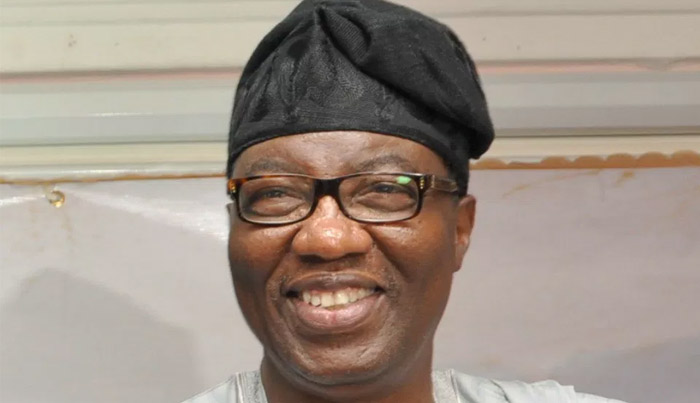The debate surrounding the extent of immunity from prosecution for political officeholders in Nigeria has been reignited by former Ogun State Governor and current Senator, Gbenga Daniel. He argues for a constitutional amendment that would restrict absolute immunity to the President and Vice-President, while significantly modifying the immunity currently enjoyed by Governors and their deputies. Daniel contends that the current broad immunity, as enshrined in Section 308 of the 1999 Constitution, has been subject to abuse, particularly at the state level, where some governors operate with a sense of impunity, treating state resources as personal property and disregarding established checks and balances.
Daniel’s call for reform comes in the wake of the House of Representatives’ recent reversal on a bill seeking to remove immunity from vice-presidents, governors, and deputy governors. He believes that while complete immunity is justifiable for the President and Vice-President to ensure stability and protect the symbolic representation of the nation, it has become a shield for malpractice at the state level. Governors, emboldened by the blanket protection of immunity, often act without accountability, undermining the principles of good governance and transparency. This unchecked power, Daniel argues, allows them to operate as if the state were their personal domain, disregarding the role of the House of Assembly and other oversight mechanisms.
The core of Daniel’s argument lies in the distinction between criminal prosecution and other forms of accountability. He suggests that while immunity from criminal prosecution might be retained for governors and their deputies during their tenure, it should not preclude them from being held accountable for administrative misconduct, financial impropriety, or other non-criminal actions. This nuanced approach, he believes, would strike a balance between protecting the executive function of these offices and ensuring accountability for their actions while in office. This would prevent the current situation where governors can operate with near-total impunity, secure in the knowledge that they are shielded from any legal repercussions for their actions until they leave office.
The implications of Daniel’s proposal are significant. Restricting the scope of immunity for governors and their deputies would potentially open avenues for greater scrutiny of their actions while in office. This could include mechanisms for investigations, audits, and even civil suits related to their official conduct. Such measures would enhance transparency and promote a culture of accountability within state governments. It could also deter potential abuses of power, knowing that actions taken while in office could be subject to scrutiny and potential consequences, even if not criminal in nature.
The debate surrounding immunity is a complex one, balancing the need for stable governance with the imperative for accountability. Proponents of broad immunity argue that it is essential to protect elected officials from frivolous lawsuits and politically motivated prosecutions that could hinder their ability to govern effectively. They contend that the potential for legal challenges could paralyze decision-making and create an environment of fear and uncertainty, ultimately detrimental to the smooth functioning of government. However, critics argue that the current system allows corruption and abuse of power to flourish, shielded by the cloak of immunity.
Daniel’s proposal offers a middle ground, acknowledging the need to protect the executive branch from undue interference while simultaneously addressing the concerns about unchecked power and lack of accountability at the state level. By differentiating between criminal prosecution and other forms of accountability, he seeks to create a system that both safeguards the stability of government and promotes responsible governance. This nuanced approach could pave the way for a more robust system of checks and balances, ensuring that those entrusted with public office are held accountable for their actions, regardless of their political standing. The ongoing discussion surrounding this issue underscores the importance of continually reviewing and refining constitutional provisions to reflect the evolving needs and challenges of a democratic society.














